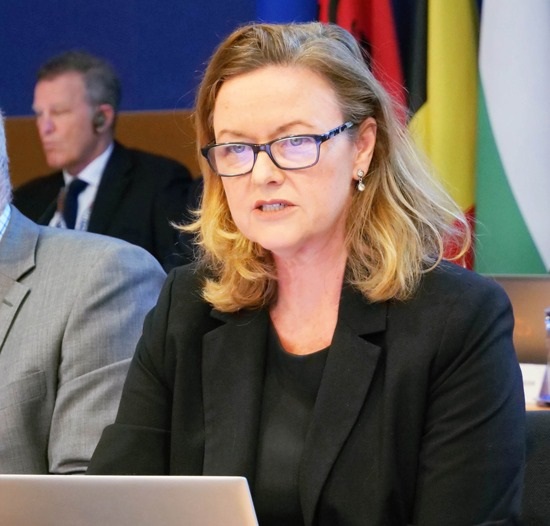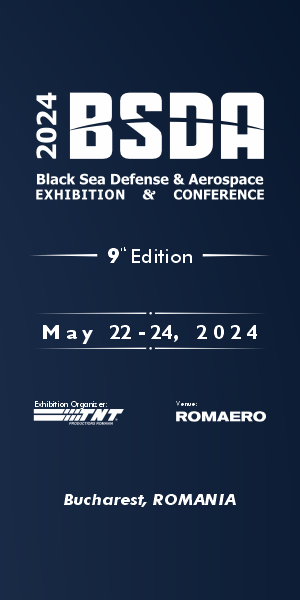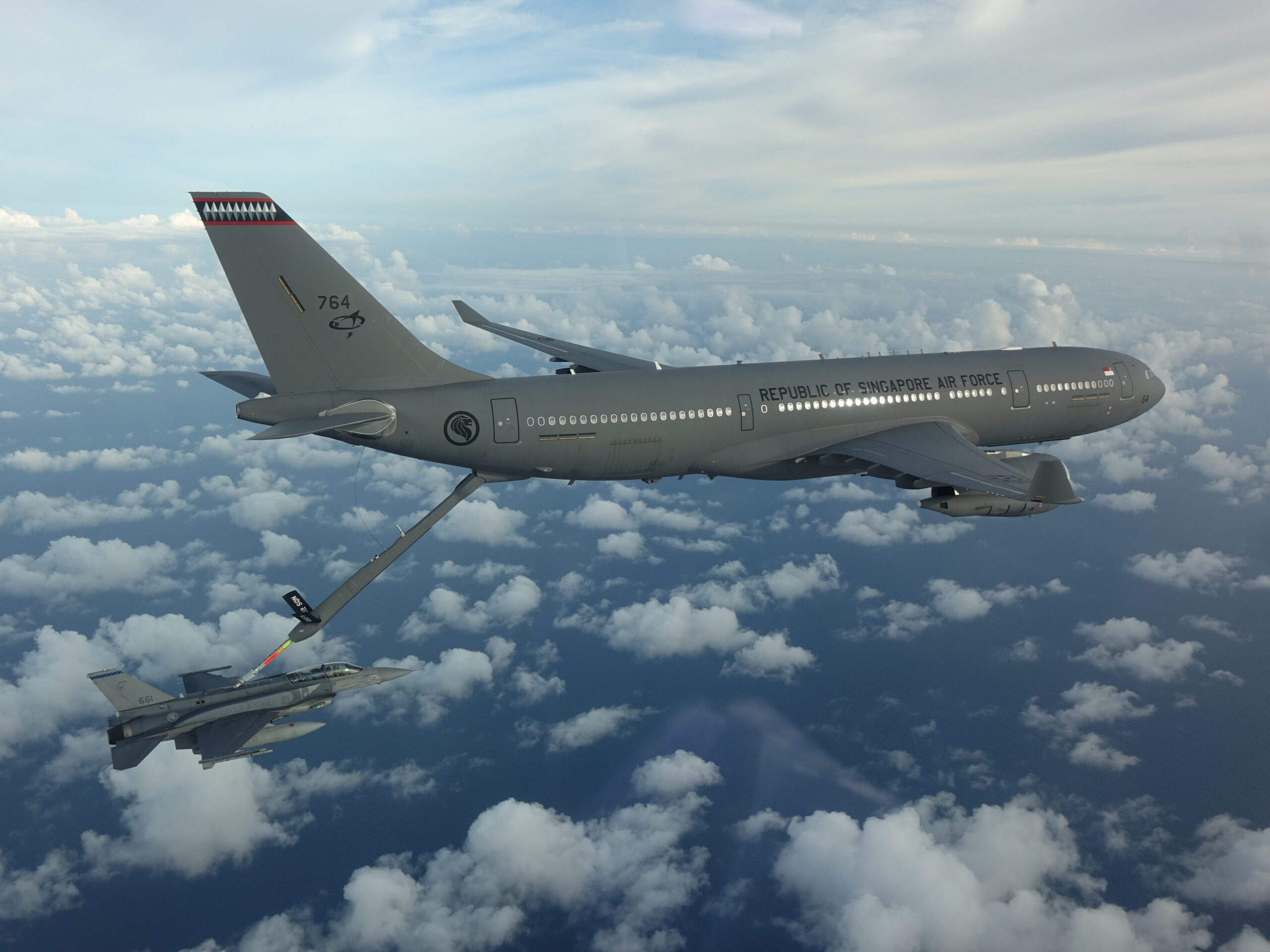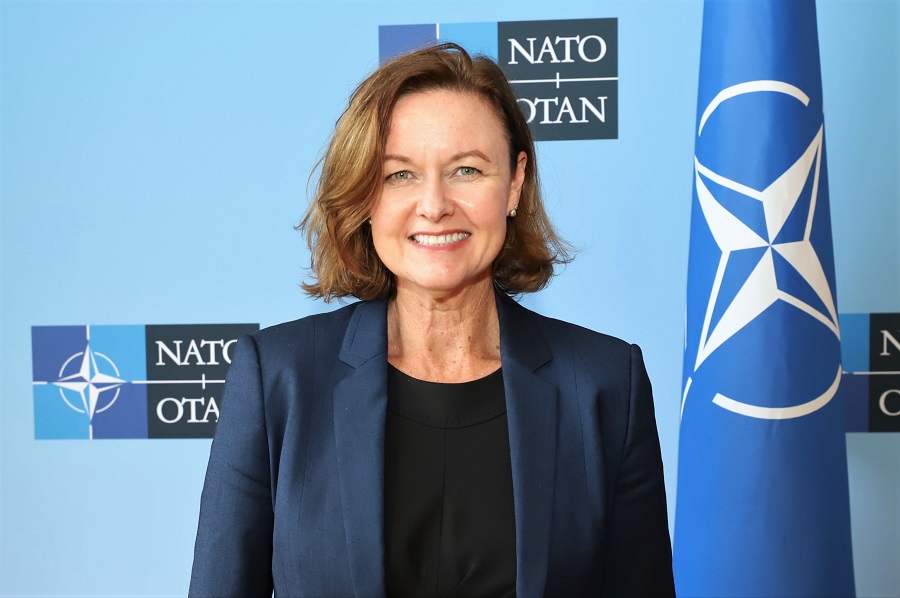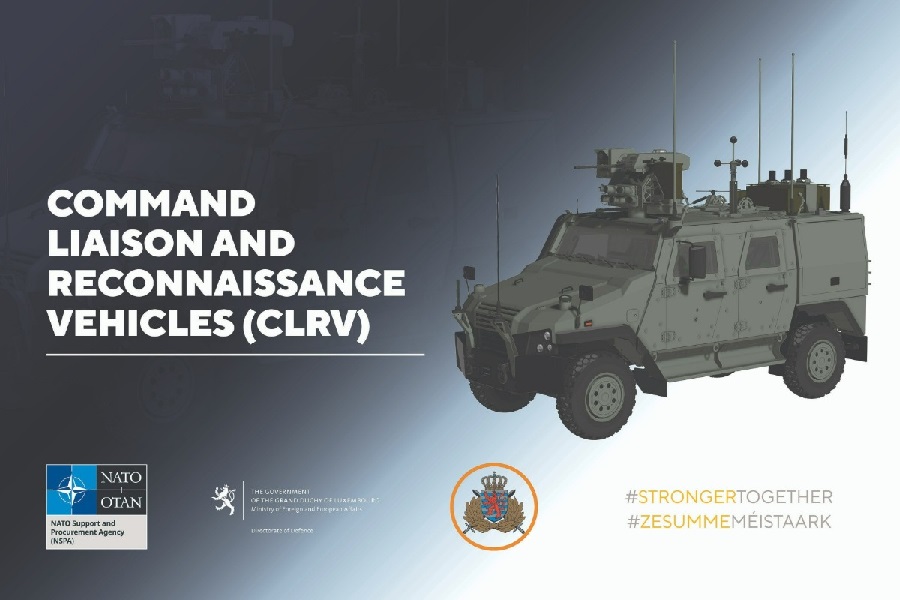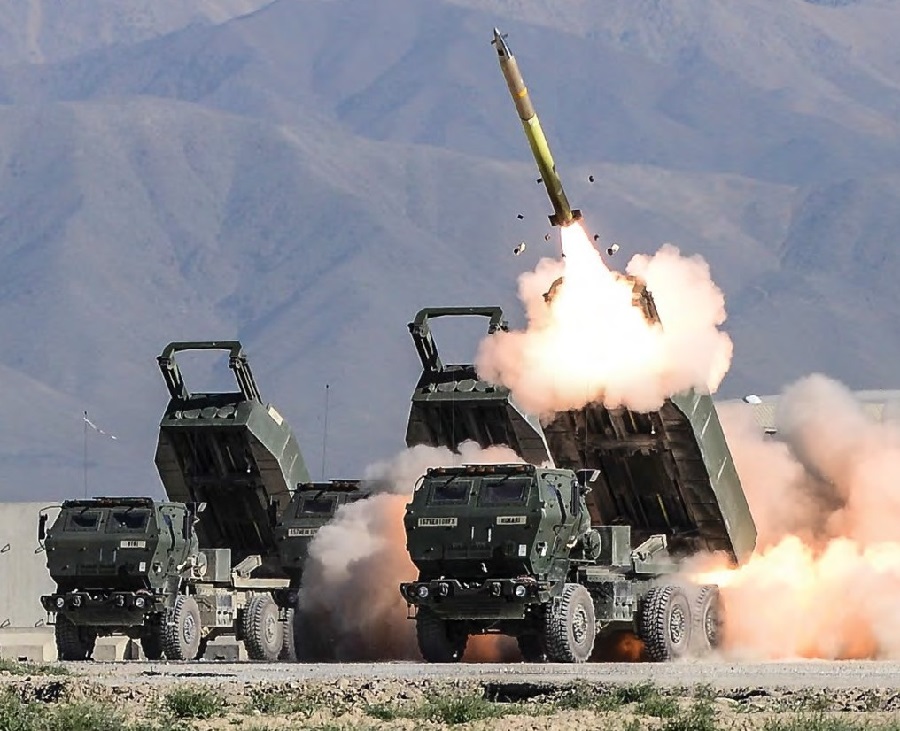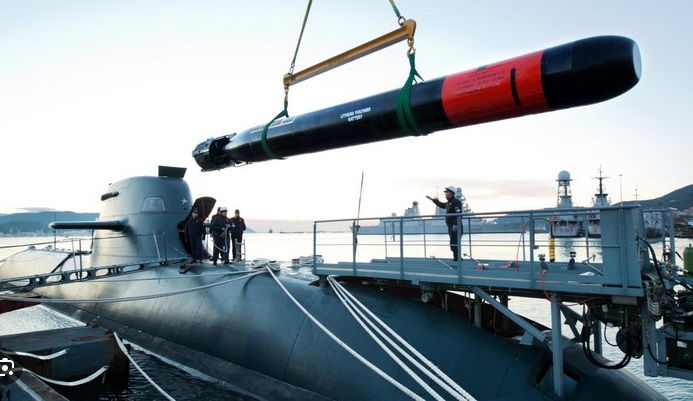The NSPO ASB Chairperson, Per Christensen, noted the growing role of the Agency to surge to deliver large-scale support to NATO forces and bridge the readiness gap. In that context, the NSPA General Manager, Ms Stacy Cummings, explained how the Agency is adapting to the new security environment to provide efficient, effective and responsive support to NATO, its 31 Nations and Partners.
Among a number of important transformations within the Agency that will enable the Alliance to respond with urgency – at the speed of relevance – and maintain its operational readiness, the ASB agreed to establish a new Acquisition Directorate in January 2024. The Acquisition Directorate will provide the Agency with the right structure to tackle the growing responsibility of managing existing and future complex programmes.
NSPA is already managing several NATO high visibility programs – common funded capability such as the Alliance Future Surveillance and Control (AFSC), and multinational funded programs such as Next Generation Rotorcraft Capability (NGRC) and Modular Ground Based Air Defence (GBAD).
The NATO Support and Procurement Organisation (NSPO) is a subsidiary body within the framework of NATO, established by the North Atlantic Council (NAC). NSPO provides strategic direction and guidance to its Executive Body, the NATO Support and Procurement Agency (NSPA), and oversees its activities.
The mission of NSPO is to provide responsive, effective and cost-efficient acquisition, including armaments procurement, logistics, operational and systems support and services to the Allies, NATO Military Authorities and Partner Nations, individually and collectively, in time of peace, crisis and war, in order to maximize the ability and flexibility of their armed forces, contingents, and other relevant organisations, within the guidance provided by the NAC, to execute their core missions.



